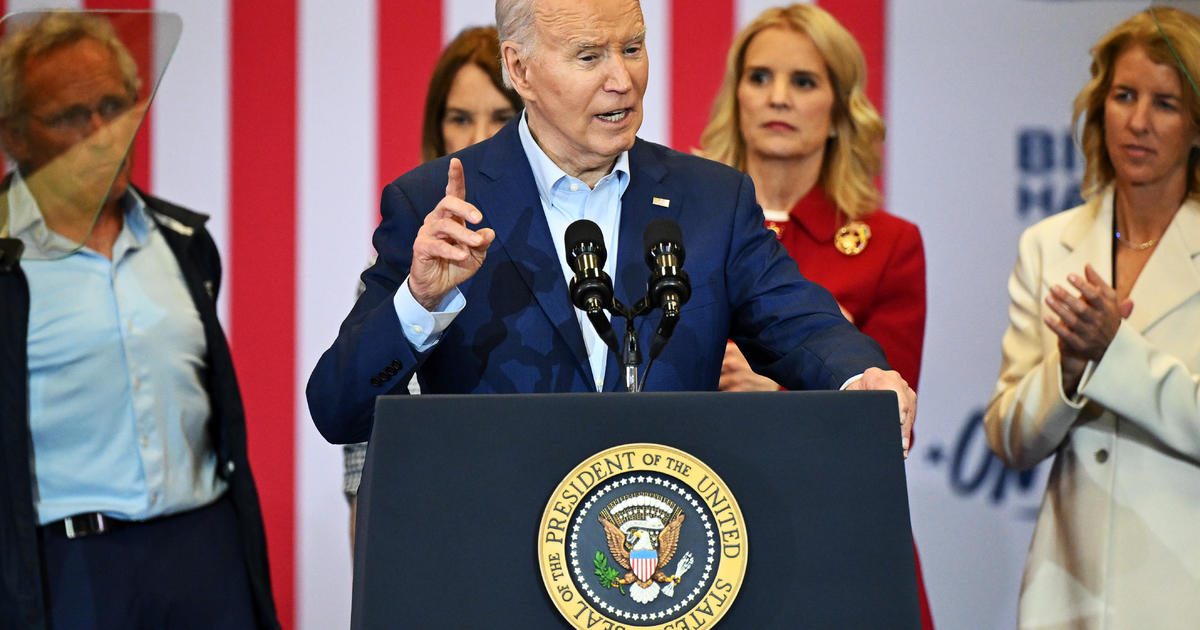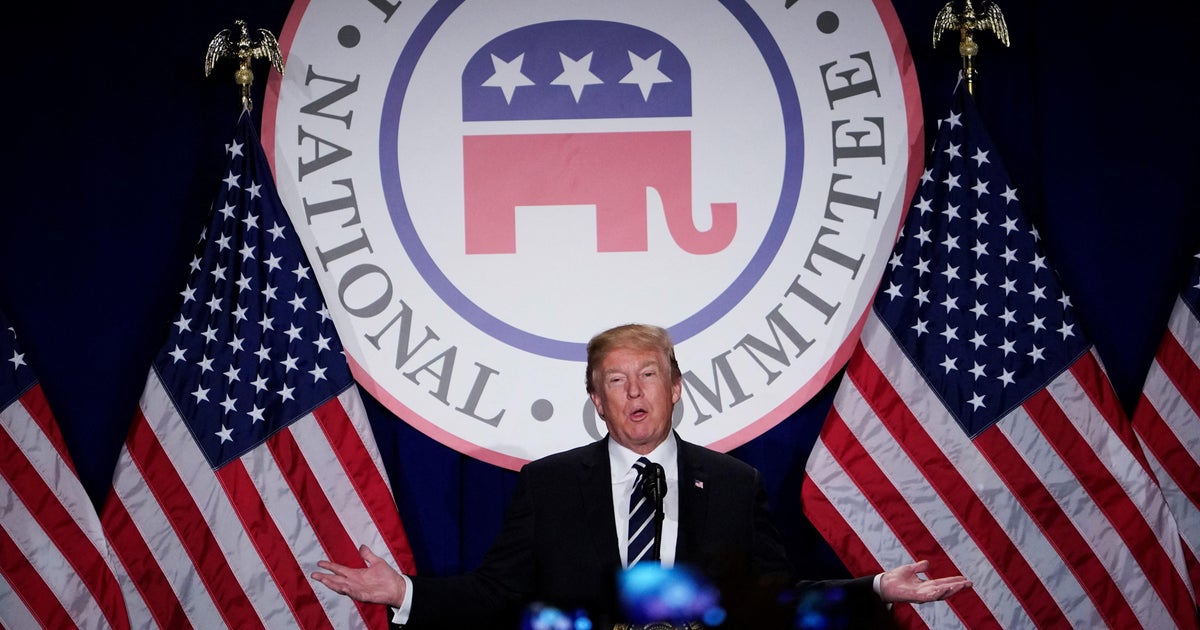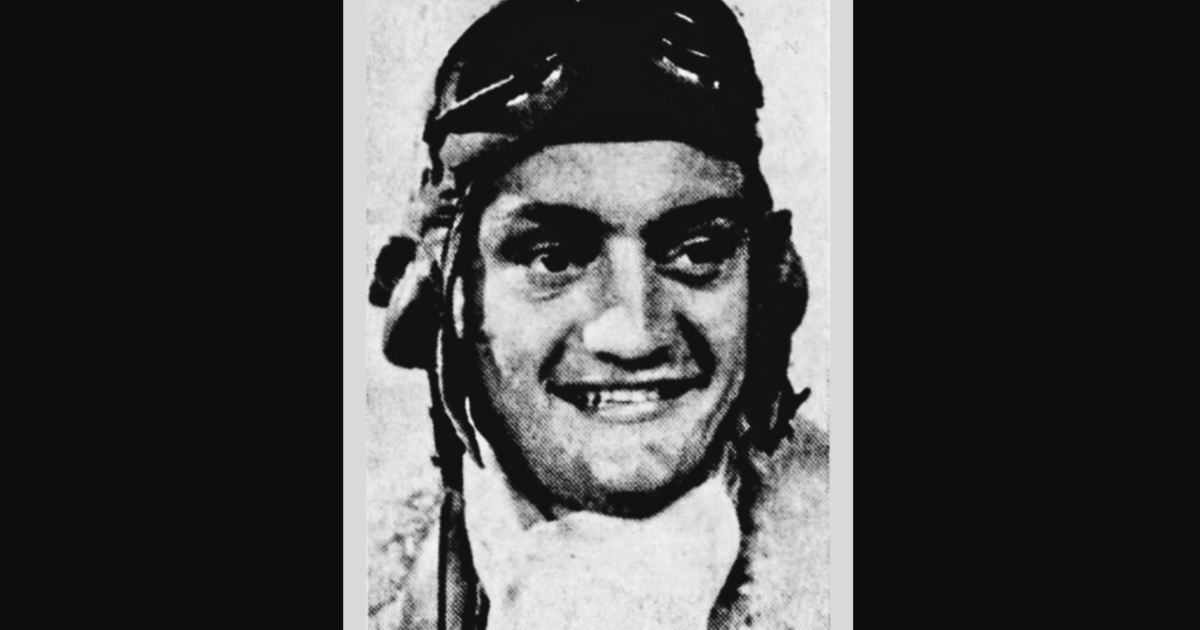Pete Buttigieg courts black church leaders in Bible Belt
After outfundraising all of the two dozen Democratic candidates running for president in the second quarter, Pete Buttigieg and his campaign have shifted their focus toward more retail campaigning in the early voting states, where his polling has plateaued, and have released "bold" policy proposals in an effort to connect with grassroots supporters.
A case in point is Buttigieg's Douglass Plan, which aims to address systemic racism in a variety of policy areas. And while the openly gay and millennial mayor is calling it "the most comprehensive plan" that has been put forth in this campaign to uplift black Americans, he continues to struggle in engaging this group. In South Carolina — where 60% of the Democratic electorate is expected to be African-American in the upcoming election — some voters feel that even with a plan that's targeted at lifting up black communities, he still might have difficulty connecting with one niche voting bloc in the state— black churchgoers.
In conversations with black pastors and clergy across the state, these leaders describe the black church in South Carolina — and more broadly across the nation — as a pillar of the black community. They say that the church has long been central not only to meeting the spiritual and cultural needs of the black community, but has been the place to discuss everyday issues and to organize. Politically, it's seen as a gateway to African-American voters.
The black church holds what Rev. James Keeton calls a "unique position in American society," in that it "holds a place for spiritual development,...for community development, and also — within the black context — for social development." Keeton is the senior pastor at Morris Brown AME Church.
In an interview with CBS News in Iowa over the weekend, Buttigieg admitted he has some catching up to do in appealing to minority voters.
"I still need to work to get known in a lot of communities," Buttigieg said over the weekend. "And that's certainly true when you're new on the scene and you are not yourself from a community of color. It's certainly true in reaching out to black and brown voters who often want to know what you're made of in a way that takes time to explain."
He plans to engage these communities with large public appearances and in private conversations with pastors and activists.
The Buttigieg campaign has expanded its ground game in South Carolina — it now has 26 staffers on the ground according to the campaign. Kamala Harris has more staffers than any of the candidates, with 49 in place, and Biden and Sanders will have 35 each by the end of the month. A Buttigieg campaign spokesperson told CBS News that part of its ground game strategy for the state is "relationship-focused" and includes "meeting folks where they are," including in churches.
Pastor Joe Darby, the senior pastor at Nichols Chapel AME Church, says Buttigieg's name hasn't come up much in conversations with members, but it's an uncomfortable "political reality" that he may well struggle to connect with southern black church goers, who tend to be more socially conservative.
"Black church folks, particularly Southern black church folks, tend to be very progressive when it comes to issues of advocacy, equity, justice, that kind of thing but tend to [be] socially conservative on issues of the flesh...there's slight discomfort that I've learned, with someone simply being LGBT," says Darby. "It's unfortunate because he's got a good message...and he does an excellent job in articulating his faith, so I think if folks look beyond the issue of [sexuality] and listened to what he said, they would probably be impressed [but] I don't know if a lot of folks are going to do that."
According to a survey from the Pew Research Center, 81% of black people who are in South Carolina say religion is very important. In the same study, 59% of black people in the state oppose same-sex marriage.
Josh Gadsden, a member of St. Stephens AME Church, tells CBS News that for some church members –and he includes himself here – supporting Buttigieg would clash with core beliefs of their faith, although that doesn't mean he thinks Buttigieg shouldn't be the running.
"It's not the fact that we won't be able to accept him as a person with his own beliefs, but I think it will conflict with the morals of our beliefs," Gadsden added. "Whether [a candidate] be gay or lesbian or whomever, they do have a place [in the Democratic field] and I feel very strongly about that, but it doesn't mean that I have to be totally accept[ing]."
Members of Mt. Zion Baptist Church in Blackstock maintain that Buttigieg's sexuality shouldn't impede any inroads he attempts to make with the black church.
"The fact that he may be gay does not determine whether he can do his job as the president," says Debra Gill, who is a minister at Mt. Zion Baptist Church. "I feel like as long as he's doing his job as a president, I don't think that would damage him as far as the black church or any other church."
Darby – who is also the first vice president of the NAACP chapter in Charleston – added that Buttigieg, when courting the black church, may also face some setbacks over his "spotty interaction" with the black community in South Bend. Early in his tenure as mayor, Buttigieg demoted the city's first black police chief – a move that has highlighted the complex relationship between law enforcement and the black community in South Bend. Last month, the incident came up again in the aftermath of a fatal shooting of a black resident by a local police officer.
But the campaign remains optimistic that the more opportunities that voters have to meet with the mayor, hear his message and learn about his values, the more they think that most voters will respond favorably. Buttigieg has already met with the pastor of Mother Emanuel AME church and other clergy members throughout the state, an effort that he intends to keep up during the campaign, through meetings and phone calls.
Buttigieg is well aware of the influence black pastors wield in South Carolina. In December 2007, ahead of the 2008 Democratic primary, then-Senator Barack Obama made news when he was able to garner the support of more than 100 South Carolina pastors. At the time, the Post & Courier reported that Obama and his rival then-Senator Hillary Clinton were both "eagerly courting black churches and the voters who worship there." Twelve years later, nearly half of all the Democratic presidential candidates have attended church services or held events at churches during swings throughout the Palmetto State.
It's still very early in the 2020 campaign, and Darby says that none of the candidates can assume that they have the black church vote in South Carolina wrapped up at this point. He had a dire political prediction for any 2020 hopeful who doesn't make a consistent effort to engage this bloc: "In South Carolina they're not going very far."



